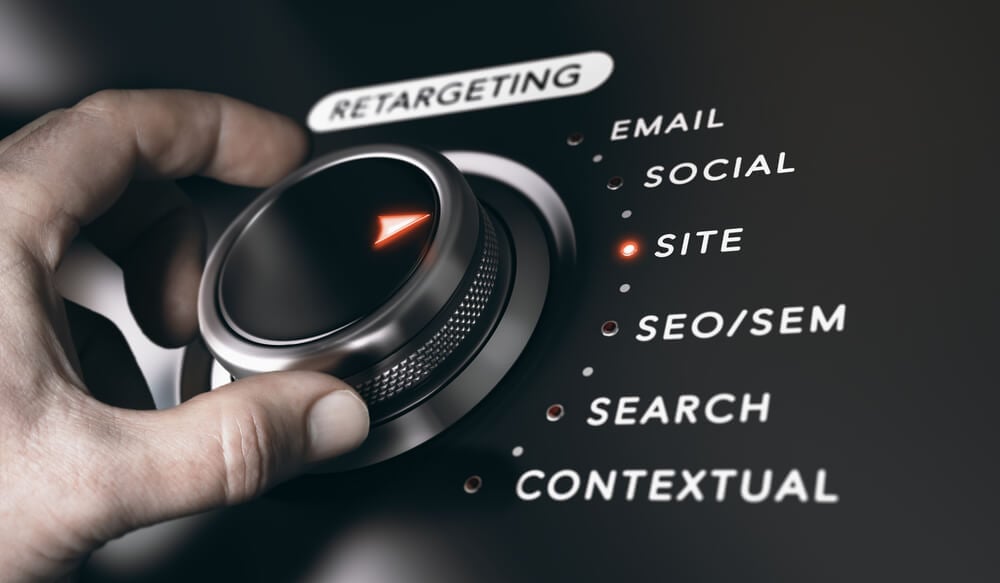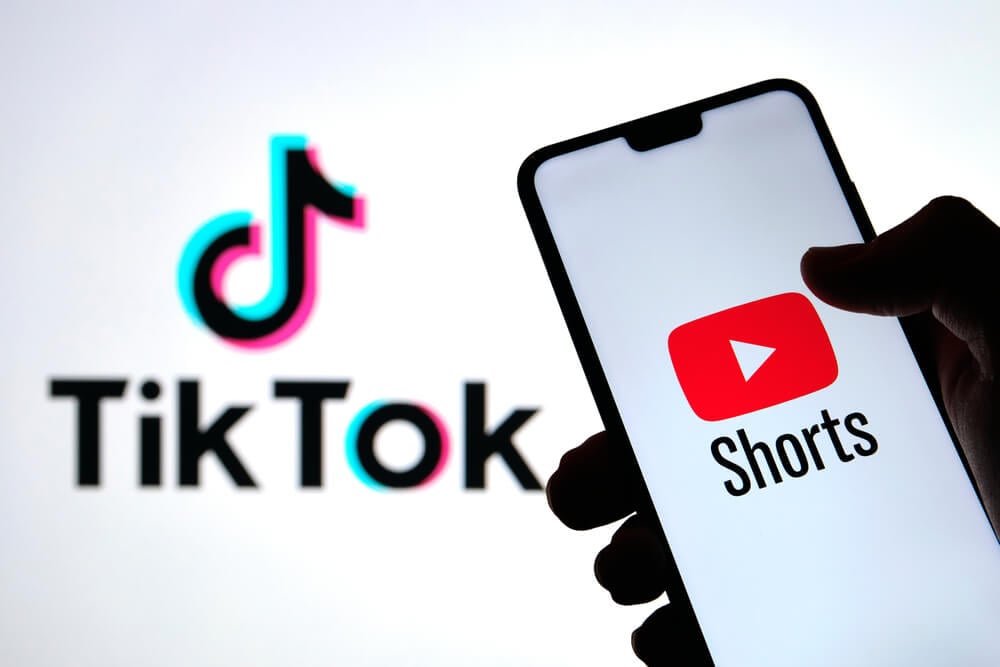3 Key Components to a Successful B2B Strategy

In today's plugged-in world, the vast majority of businesses must have a digital marketing strategy in place to remain competitive. It's not optional; it's essential.
This holds true not only for B2C companies but for B2B organizations as well. A mountain of evidence suggests that a solid B2B digital marketing strategy can mean the difference between overachievement and underperformance. In some cases, it could mean the difference between the success or failure of your business. Take a look at the following statistics:
- Nearly 50% of B2B companies invest 10% or more of their annual budget in marketing. This underscores the importance of marketing in all its forms to thrive as a B2B organization.
- Digital marketing is the top area of marketing spend for 56% of B2B marketers as of 2020. Why? Simply put: it works.
- Ninety percent of top-performing B2B content marketers put the audience's informational needs first. This is a different approach compared to many pieces of B2C content.
Of course, B2B marketing is quite different from its B2C counterpart. For example, B2C marketing often appeals to emotion, whereas B2B marketing focuses on logic and reasoning. B2C marketing is aimed at the general public, whereas B2B marketing is targeted at a specific demographic of decision-makers within the corporate world. Moreover, the primary goal of B2C marketing is often to close the sale, while in many cases the objective of B2B marketing is to initiate and maintain a long-lasting business relationship.
The question is: How can you make your B2B marketing strategy a success? The following information will discuss 3 key components that you should implement in order to achieve your goal.
1. Define Your Target
Before you can initiate your digital marketing campaign, you need to clearly define your goals and target audience.
The goals of your campaign will vary depending on the needs of your business, the makeup of your audience, and other factors. For example, you may want to increase brand awareness among your consumer base, generate more leads, or increase traffic to your company's website. Whatever the case may be, your goals will define how you measure the success of your campaign.
Your target audience is a group of people you've identified as being likely customers for your business. In B2B terms, these will likely include organizations that may be interested in your product or service, as well as key decision-makers within those organizations.
Knowing your target at the outset will help you to develop and execute an effective B2B marketing strategy.
2. Embrace Digital Advertising
A great (and ever-increasing) number of B2B relationships begin over the Internet. Moreover, in this Digital Age, the vast majority of B2B decision-makers use the Internet for both professional and personal reasons—which means they can be targeted in both their "official" and "unofficial" roles. With that in mind, you should definitely embrace digital advertising as a key component of your B2B marketing strategy.
Here are three areas to consider in particular:
-
- Social media advertising. Social media platforms have become popular "hangouts" for business professionals, for a number of reasons. LinkedIn is outstanding in this regard. In fact, one study reported that a whopping 80% of social media B2B leads come from LinkedIn.
- OTT. "Over-the-top" advertising (OTT, for short) has gained a powerful foothold on the B2C and B2B sectors. OTT ads on sites like YouTube, or via streaming services like Roku or Hulu, are excellent for driving brand awareness and increasing interest in your product among targeted B2B consumers.
- Display advertising. Digital display ads can be highly targeted and personalized, making them a great fit for B2B marketing. Even if a B2B prospect doesn't convert at the first touchpoint, display advertising can keep your company top-of-mind, and make it more likely that the prospect will eventually convert at some point in the future.
3. Measure Your Results
Finally, in order to achieve exceptional results from your B2B marketing strategy, you need to accurately quantify your results. This will help you to identify strengths and weaknesses within a campaign and yield actionable insights that you can use during your next marketing initiative.
A big part of measuring your results is collecting consumer data. There are so many reasons why data collection is key. For instance, you can obtain better-qualified leads, perform A/B tests to optimize your ROI, and more effectively deploy retargeting ads.
Working with an experienced media partner can help you in this regard. For example, a media partner can leverage its team's expertise to add an invisible retargeting "pixel" to your website. That pixel can then tag and track your B2B visitors as they browse to other sites — and you can deploy ads targeted at them specifically as they continue to navigate across the Internet.
Bottomline, you need to know your target, use the digital advertising channels available to you, and measure your results in order to achieve the best results from your B2B marketing strategy. A media partner can help you to develop and implement a winning digital marketing strategy—one that will help you reach your goals. Consider reaching out to a reputable agency for assistance on your next campaign.
Related Posts
Unveiling the Secrets: CoxNext Experts Answer 5 Vital Questions on Enrollment Marketing!
May 24th, 202323 Retargeting Statistics You Need to Know
April 26th, 2023Why Partner With Multiple Agencies When One Is All You Need?
April 20th, 202310 Key Tips for Using Video Shorts in Social Media Marketing
April 12th, 20238 Reasons to Use Video Shorts in Marketing
April 5th, 2023What is a White Labeling Service and Why Should You Consider It?
March 29th, 2023What is the Future of TV Advertising?
March 22nd, 2023Marketing Solutions for Every Step of the Buyers’ Journey
March 13th, 20237 Ways to Know Your Marketing Isn’t Working
February 28th, 2023Categories
- Marketing Strategy (90)
- Digital Advertising (47)
- Digital Marketing (28)
- Content Marketing (17)
- OTT (16)
- ROI (13)
- Content Creative (12)
- Agency Partnerships (11)
- Social (10)
- Video (8)
- COVID-19 (7)
- Advanced Data (6)
- Research (6)
- Technology (6)
- Cox Enterprises News (5)
- Generational Marketing (5)
- Industry: Travel (5)
- Industry: eCommerce (5)
- Advertising Budget (4)
- Industry: Higher Education (4)
- Social Media Marketing (4)
- E-commerce (3)
- Podcasts (3)
- Recruitment Marketing (3)
- Search (3)
- Social Media (3)
- Branding (2)
- Inclusive Marketing (2)
- Industry: Cannabis (2)
- Industry: Home Improvement (2)
- marketing budget (2)
- CoxNext News (1)
- Industry - Automotive (1)
- Industry: Healthcare (1)
- Influencer Marketing (1)
- Podcast Advertising (1)
- Privacy (1)
- working with an agency (1)









.jpg)
.jpg)
%20(1).jpg)
